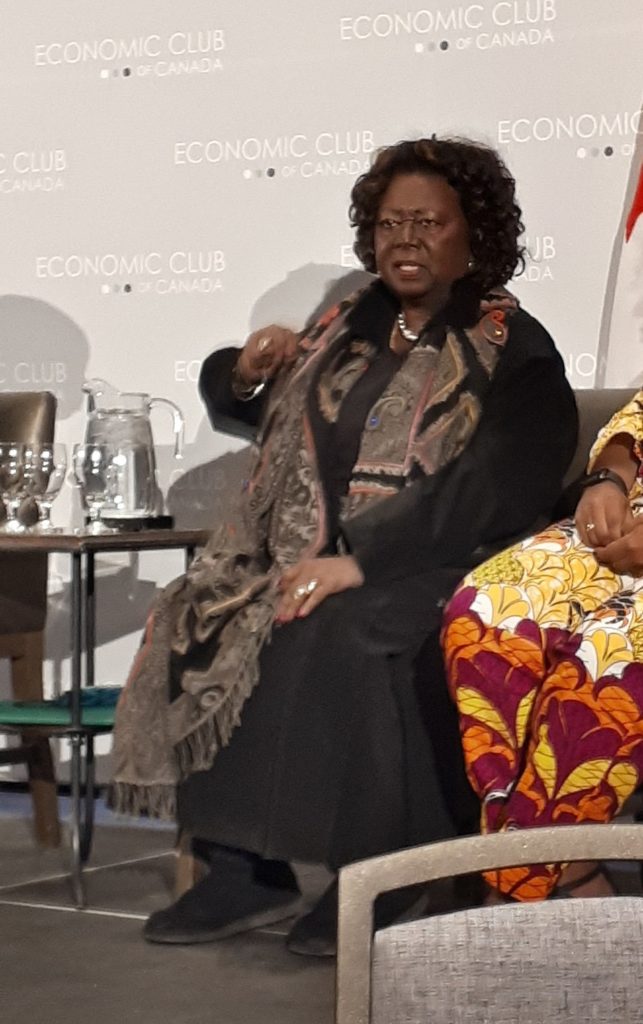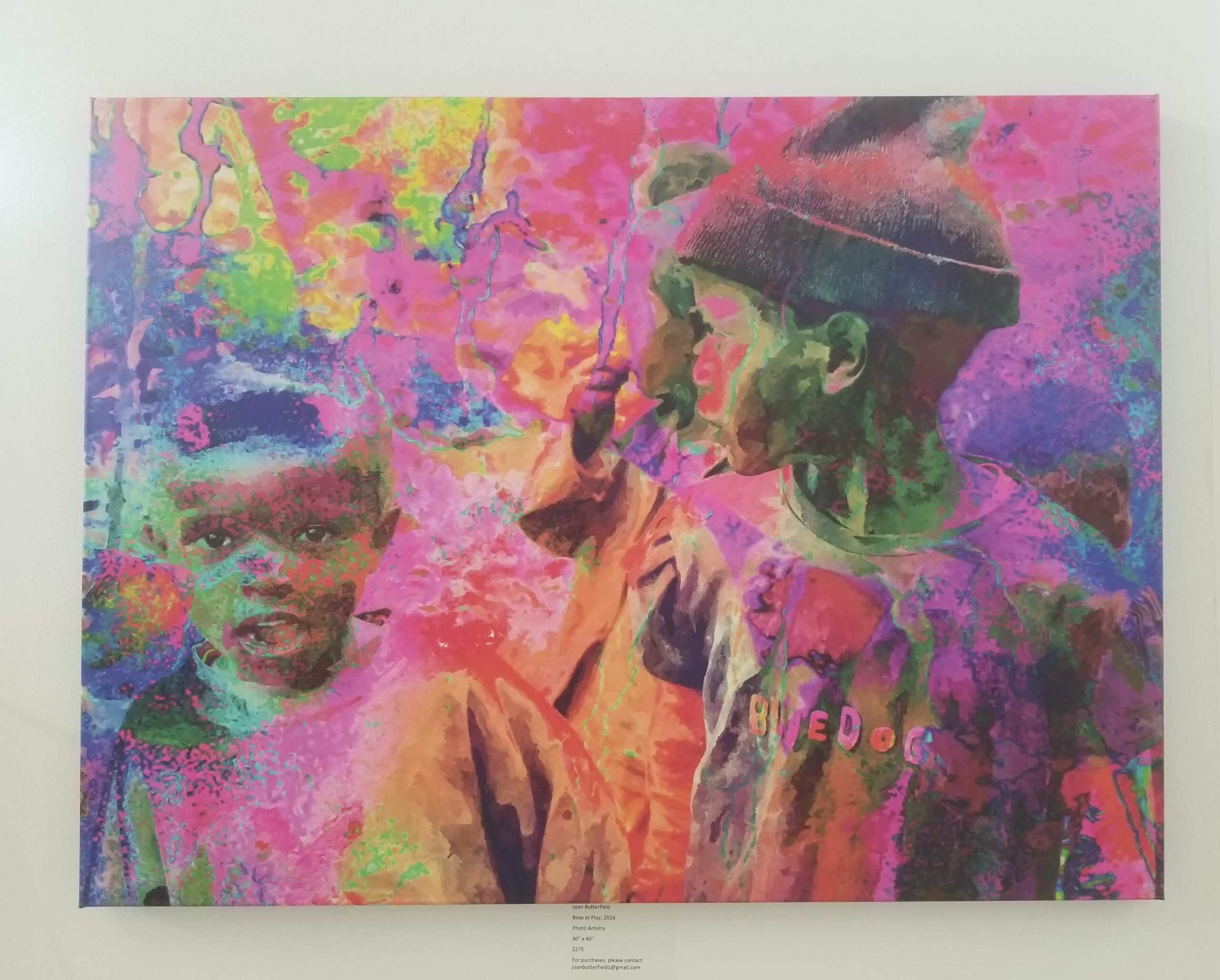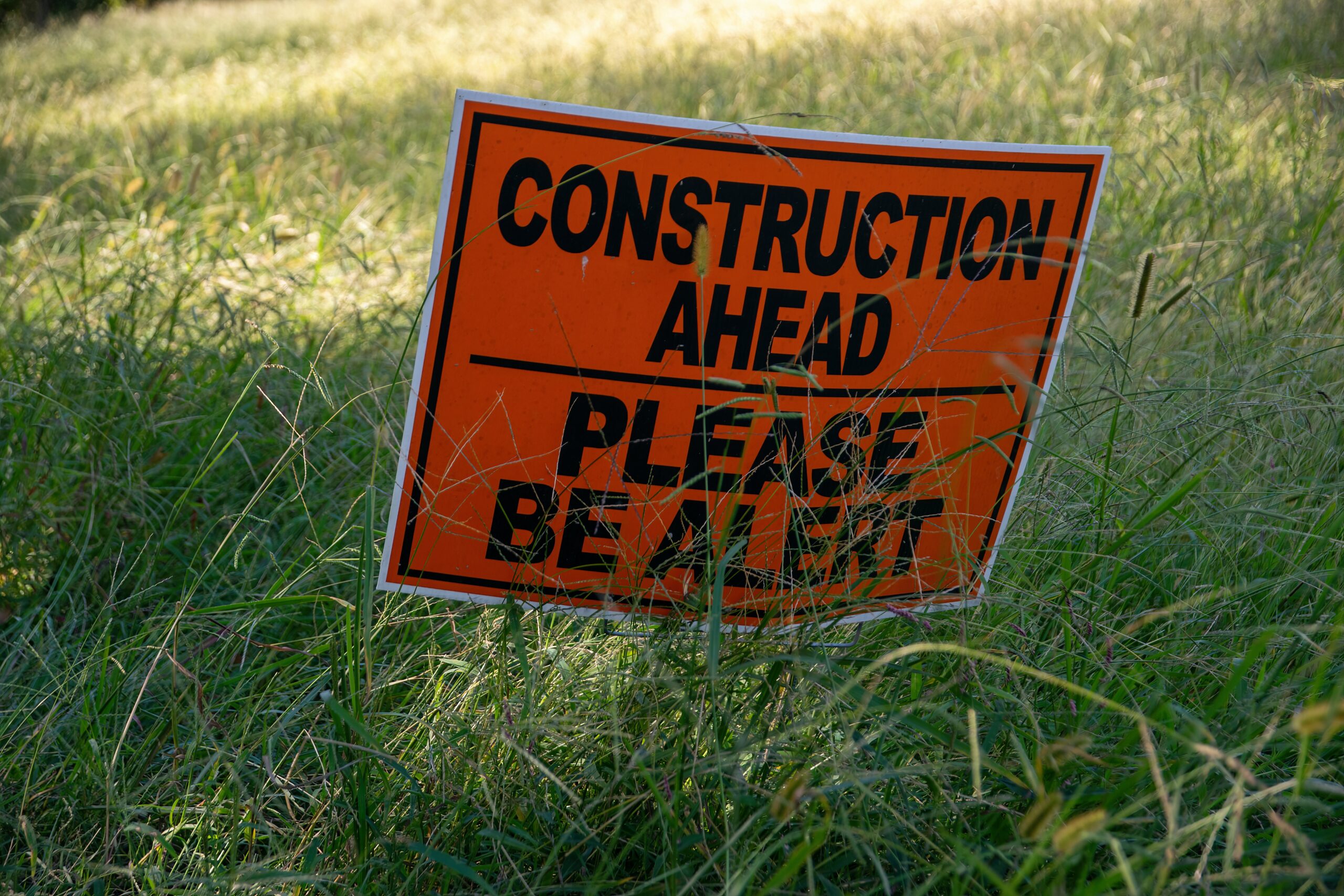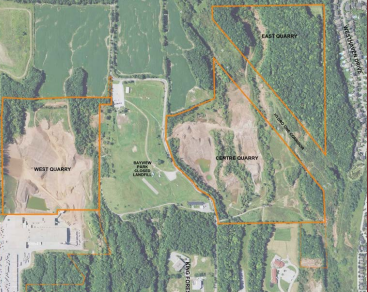By Rebecca Gruszka, Local Journalism Initiative Reporter
February is Black History Month in Canada, a month-long celebration of Black history, culture, and community, and Burlington residents have a number of interesting local options to partake in the learning and festivities. Some, like ONE Burlington’s sold-out presentation of “And Then What Happened,” are right here in Burlington, while others, such as the roster of events and exhibits run by the Canadian Caribbean Association of Halton, are just down the road in Oakville. Burlington Public Library’s offerings include both in-person and virtual events, so one doesn’t even have to leave the house to participate.
For Burlington’s younger set, Burlington Public Library (BPL) is hosting special Black History Month Family Storytimes at various branches in early February, with a Celebrate Black History Month PA Day event at all branches except Kilbride, from 1 p.m. to 3 p.m. on Feb. 16.
On February 10 at Tansley Woods at 1 p.m., “You Make a Difference” is a Black History Month special event for families, featuring author and Early Childhood Education professor, Cameile Henry. The event is named after Henry’s book, which tells the story of 10 famous Black Canadians; registration is required (click here).
An event for all ages is taking place on February 18 at 2 p.m. at BPL’s Central branch; author Wanda Taylor and Sandra Henein, the host of the radio show “Black Exposed” on 98.5 FM, will discuss how Black history is written for various age groups and genres. Registration is required for this event (click here).
For those in hibernation mode, join in virtually on February 20, to BPL’s “Identity, Love, and Being Black in America” with 2021 National Book Award-winning author Jason Mott. Mott will discuss his novel, Hell of a Book, which delves into racism and police violence in America through fiction. BPL describes the book as “A heartbreaking and magical book about family, art, money, and America’s recurring and tragic police violence that impacts what it means to be Black in America.” Don’t miss what is sure to be a fascinating discussion; click here to register.
ONE Burlington is presenting “And Then What Happened: Untold Stories of the Underground Railroad,” with singer and actor Tracy Cain on Feb. 17 at Port Nelson United Church. Cain will delve into local Black Canadian history via stories of her own family; her ancestral roots go back to Black settlements in North Buxton and Queen’s Bush. This interactive presentation promises to be filled with music and learning, following Cain’s family on their journey on the Underground Railroad to freedom in Canada.
Though this event is sold out, you can join the waitlist by clicking here; stay tuned for Local-news.ca’s interview with Tracy Cain.
And what’s happening in Oakville to celebrate Black History Month 2024?
The Canadian Caribbean Association of Halton (CCAH) has organized 29 days — it’s a leap year, so there’s a bonus day of celebrations — of special events with the theme “Celebrating Culture and History” starting with Black History Month flag-raisings: on January 31 at Oakville Town Hall and on February 1 with the Halton Regional Police Service.
February 1 is also the Black History Month 2024 Launch Celebration at the Oakville Centre for the Performing Arts. The evening begins with an opening reception at 6 p.m., featuring the sounds of the CCAH Steel Band. The event proper starts at 6:30 p.m. and features guest speaker and Oakville Black history buff Anthony Sherwood giving the keynote address, followed by performances by Whitney Houston tribute singer Geri Defoe, the Arthouse Children’s Choir, Girl Power’d dancers, and Canadian R&B icon and Juno winner Jully Black. Tickets to this event can still be purchased at oakvillecentre.ca.
CCAH is also presenting month-long exhibits at the Oakville Museum and at Queen Elizabeth Park Community and Cultural Centre (QEPCCC).
Burlington’s own Joan Butterfield, artist, curator, and collector, curated the CCAH exhibit “The Explore the Essence of a People: Celebrating Black History Month through Art.” Visit this exhibit throughout the month of February at QEPCCC to immerse yourself in the beauty, power, and depth of Black cultural heritage through visual art.

This month, Butterfield’s work is also displayed at Burlington Centre (near Guest Services) for art closer to home. Drop in to the mall to experience Butterfield’s vibrant work, which manages to capture pride in Black heritage and history, while offering a view into a beautiful and inclusive future.
Dive into Oakville’s Black history at Oakville Museum with “The Underground Railroad: Next, Stop Freedom” and Legacy Voices. This exhibit explores the connection between Oakville and the United States via the Underground Railroad, the important role Oakville Harbour played in aiding in the safe journey to Canada for numerous freedom seekers, and introduces key figures to this historical event. View the exhibit “Freedom, Opportunity, and Family: Oakville’s Black History,” and watch excerpts from the multimedia presentation The Underground Railroad: Next Stop Freedom, as well as the CCAH documentary Legacy Voices from Feb. 1 to 29 between 1 p.m. to 4:30 p.m. For more information, go to the CCAH website (click here).
Black History Month began back in 1979 when the City of Toronto issued a proclamation that February would formally be Black History Month, following a petition from the Ontario Black History Society (OBHS). The group then took their movement to the provincial level, and in 1993, the OBHS successfully filed another petition to have February proclaimed as Black History Month across the province.
It wasn’t until 1995, though, that the House of Commons unanimously agreed to recognize Black History Month across Canada after a motion from the Honourable Jean Augustine, the first Black Canadian woman elected to Parliament. Famously, Augustine said, “Black history is not just for Black people — Black history is Canadian history.”

Last year at a fireside chat at Western University, Augustine commented again on the importance of Black History Month: “If we are to build a kind of society that’s fair and just and equitable and inclusive, I must know your story, just as you must know my story.”
Black History Month not only works to provide a fuller understanding of Canadian history, but it also, says Oakville’s Mark Fisher, helps to spread awareness and a better understanding of the impact of systemic racism.
Fisher is a Black man who was raised in Oakville. For him, celebrating the achievements of Black people, especially Black Canadians, is an aspect of Black history that is particularly important. He highlighted famous figures like Martin Luther King Jr, Malcolm X, Bob Marley, Creola Johnson (whose contributions to NASA as a mathematician, alongside two other Black female mathematicians, were portrayed in the 2016 movie Hidden Figures), and local heroes like Olympic sprinter Donovan Bailey, as important Black contributors who should be topics of conversation and learning not only during Black History Month, but year-round. Learning about their success despite systemic racism can deepen understanding of the struggles of the systematic discrimination of Black people.
Fisher admits to feeling disconnected from what it means to be a Black man and his cultural identity. He believes it could be a coping mechanism that kept him from reacting when dealing with unjust discrimination towards himself and other Black people.
Fisher is not alone in feeling disconnected from his Black identity; last year, a study explored how systemic oppression negatively affects the identity of Black men. The researchers found that the men included in their study felt “trapped by the trauma of systemic oppression,” and that their sense of identity and masculinity was “marred…and shifted by the trauma of systemic oppression.” When young people struggle with their identities, they are at higher risk of risky behaviours and mental health challenges and tend to have low well-being.
A sense of belonging and strong connections to community can help people develop a better sense of identity; one can see, then, how understanding Black history in a local and national context can help build those connections. For Fisher, beginning to understand the struggles of being Black before he really felt the effects himself came by way of music: specifically, the music of seminal hip hop group N.W.A., who wrote and rapped about their struggles with police violence as Black youth in America.
Now, he says, the acknowledgement of systematic discrimination and seeing positive change (in those systems of oppression) is something that he resonates with; Fisher is looking forward to a future where the focus is on the character of a person rather than their skin tone. Certainly, participating in Black History Month events and learning is a way for us all to get one step closer to that future.
Sources:
Bailey, A., Bailey, R., Newman, G., Barrett, A., Nguyen, M., and Lindsay, J. 2023. Deconstructing the trauma-altered identity of Black men. Journal of Child and Adolescent Trauma. Url: https://doi.org/10.1007/s40653-023-00526-0 (accessed Feb. 1, 2024).
Donnini, A., and Bhargava, I. 2023, Feb. 8. Canada’s first Black woman member of Parliament shared her experiences, advice with Western students. CBC News, London. Url: https://www.cbc.ca/news/canada/london/jean-augustine-black-history-month-1.6741403 (accessed Feb. 1, 2024).
Government of Canada. n.d. About Black History Month. Url: https://www.canada.ca/en/canadian-heritage/campaigns/black-history-month/about.html (accessed Feb. 1, 2024).
Schwartz, S. J., Hardy, S. A., Zamboanga, B. L., Meca, A., Waterman, A. S., Picariello, S., Luyckx, K., Crocetti, E., Kim, S. Y., Brittian, A. E., Roberts, S. E., Krauss Whitbourne, S., Ritchie, R. A., Brown, E. J., and Forthun, L. F. 2015. Identity in young adulthood: Links with mental health and risky behavior. The Journal of Applied Developmental Psychology 36: 39–52.




